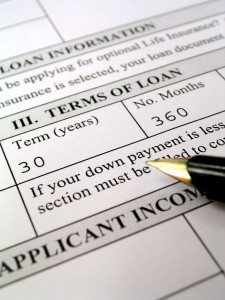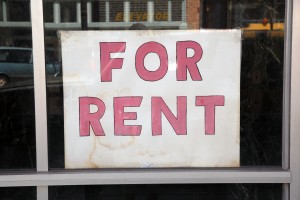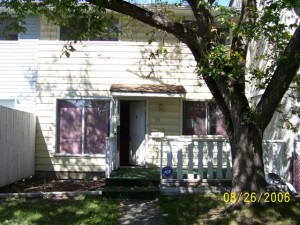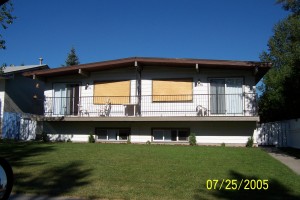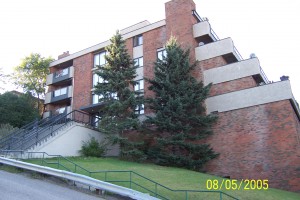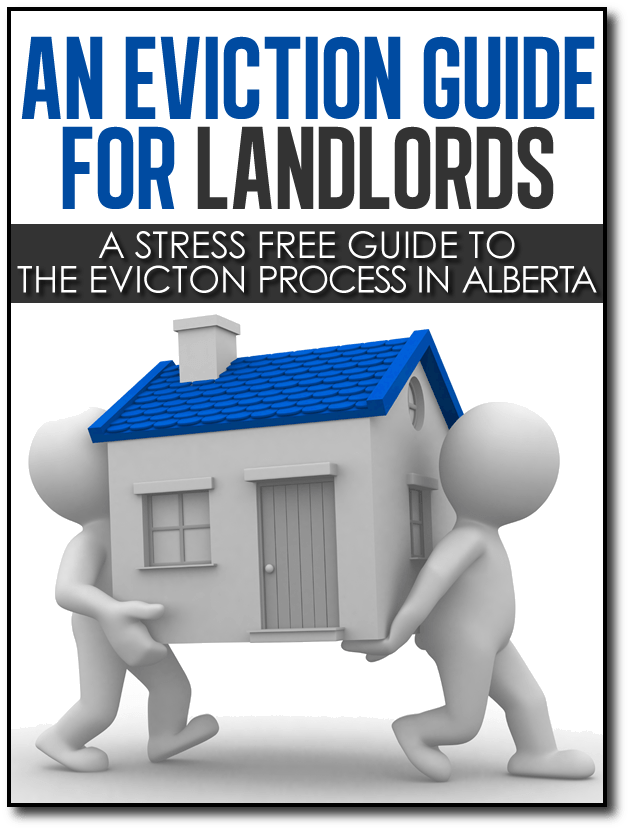Surviving a Real Estate Boom
 It was pretty heady times during the last Real Estate boom in Alberta. The economy was cooking, companies were hiring anyone who could breathe (and some who shouldn’t be breathing!), the malls were stuffed with shoppers, shiny new pickups, BMW’s and just about every other vehicle abounded. For those of us in the Real Estate market, values seemed to jump thousands of dollars in just days and money was being made everywhere.
It was pretty heady times during the last Real Estate boom in Alberta. The economy was cooking, companies were hiring anyone who could breathe (and some who shouldn’t be breathing!), the malls were stuffed with shoppers, shiny new pickups, BMW’s and just about every other vehicle abounded. For those of us in the Real Estate market, values seemed to jump thousands of dollars in just days and money was being made everywhere.
Everything was looking so good; it looked like it would never end. Then, like anything else that was too good to be true, the good times suddenly ended and many people in the province had to start cashing reality checks. And some of these checks were quite painful!
When the economy stalled, jobs were lost, homes were lost, money became tight and people went through some belt tightening. It felt like we went from one extreme to the other. Of course, what people in Alberta don’t realize is how lucky we were, as other regions of the country were hit much harder than us.
Anyway, now it seems we are through the worst of it and we have so many positives in front of us, perhaps it’s time to look at some of the lessons we learned from our last boom, before we start repeating our mistakes.
Booms Don’t Last Forever
 First and foremost, and this is the most obvious, booms end. Booms are cyclical in nature. It never looks like they will end as they are happening, but sustained growth can only last for so long before it needs to reset. Unfortunately by the time it hits this reset state, its’ too late for many people.
First and foremost, and this is the most obvious, booms end. Booms are cyclical in nature. It never looks like they will end as they are happening, but sustained growth can only last for so long before it needs to reset. Unfortunately by the time it hits this reset state, its’ too late for many people.
For a Real Estate investor the reminder from this is to be conservative with your evaluations and don’t base your business growth only on appreciation. The reminder of this is the latest large local Real Estate investment company that is currently under investigation by the Alberta Securities Commission. They advertised huge returns on investments and it was a model that couldn’t be sustained. In the end, it appears most of their return estimates were based on appreciation and not necessarily good business.. In the end, it appears millions of dollars of investment money has been lost by investors. The big question now is whether it was due to fraudulent actions or not.
Have an Exit Strategy!
 The second lesson many Real Estate investors miss on is creating an exit strategy. Again, when things are going well, it’s easy to exit from properties, you just sell it as the market is going up and make some money, but what’s the plan if the market changes?
The second lesson many Real Estate investors miss on is creating an exit strategy. Again, when things are going well, it’s easy to exit from properties, you just sell it as the market is going up and make some money, but what’s the plan if the market changes?
The last several years left many investors in tough situations. Many of them over leveraged, some stuck stuck in ugly mortgages with horrible payout options and often with no plan to move forward. By creating an exit plan before you go in, it can make riding through tough times just a bit easier.
Create Great Relationships
 The final lesson, at least for me, has to do with relationships. When times are good, the number of great relationships you have can be overwhelming. Everyone wants you to work with them and everybody is eager to get things moving because it’s exciting and it’s an opportunity to make money.
The final lesson, at least for me, has to do with relationships. When times are good, the number of great relationships you have can be overwhelming. Everyone wants you to work with them and everybody is eager to get things moving because it’s exciting and it’s an opportunity to make money.
When times aren’t so good, it’s amazing how suddenly people disappear and how attitudes can change. We were fortunate to have built a very strong team of realtors, lawyers and mortgage brokers around us that have all stuck with us from the good times to the bad. This doesn’t mean we came through the downturn unscathed though.
I’ve also been exposed to various business partners who we started with, prior to the downturn, who have ended up being less than stellar over time. The single important lesson from this is any partnerships or Joint Ventures that involve business and/or money, need to be properly written out, documented and signed by both parties. This documentation has to cover the good and the bad and should also include how to dissolve the agreement, in effect it’s a business pre-nup.
Whether it’s a contract, a business plan or any variation of the two, it can help provide you with a bit of protection if things do go sideways or if people’s ideas and motivations change.
Investor Perspective
I covered most of the perspectives from an investor’s standpoint above, I’ll touch on the viewpoint from a want to be investor here and a lesson they should be aware of.
This last lesson is jumping on the bandwagon. This is the one that hurt the most people in the last boom and is seen in every boom in every market and business. These are the people who bought the stock at it’s peak and lost when it dropped 50% the next day, the people who jumped into the gold market when it broke $1,500 and watched it drop to $1,400, the people who bought property at it’s peak in 2007 and then saw it drop in value.
So many people were making money so quickly and so easily during the Real Estate boom, new investors were jumping on the bandwagon without understanding the basics or knowing where to begin and ultimately getting caught in very scary scenarios. Without  having an understanding of the first lessons (booms don’t last, have an exit strategy and create great relationships), the bandwagon game can become very dangerous as you are playing with real money.
having an understanding of the first lessons (booms don’t last, have an exit strategy and create great relationships), the bandwagon game can become very dangerous as you are playing with real money.
To get into the Real Estate investing game, create a plan for yourself and then stick to it. Spend time learning how the basics work and then move forward armed with some knowledge. Don’t just jump on board because everyone else is making money.
What are your thoughts about this, were you ready for the boom? Did you build great relationships? Did you have an exit strategy in place? Leave me a comment about it and tell me what other lessons should be learned from the boom.








